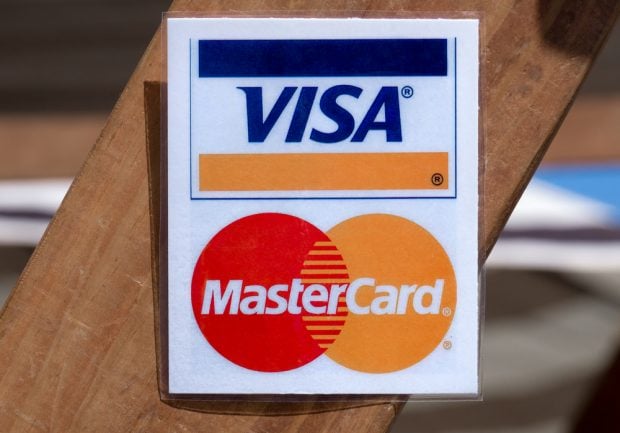WASHINGTON -- A new bill before the House of Representativeswould significantly regulate and limit the way credit unions andother financial institutions offer the depositors overdraftprotection programs.
|H.R. 946 would amend the Truth in Lending Act to includeoverdraft protection program, requiring that they not be put intoplace unless there were a series of disclosures made to depositorsand permissions granted.
|During a July 11 hearing about the practice, Eric Halperin,director of the Center For Responsible Lending's Washington, D.C.office, such measures are necessary because the programs, which arefrequently in place now abuse consumers and often leave depositorsworse off than they were before.
|"Today, however, banks commonly enroll their checking accountholders in a high-cost fee-based system automatically, with nochance to opt out, at the time they open a checking account,"Halperin wrote in prepared testimony.
|"If an account dips into a negative balance, the bank routinelycovers the overdraft--a change from past practices--paying theshortfall with a loan from the banks' funds. When the accountholder makes their next deposit, the bank debits the account in theamount of the loan plus a fee, which now averages $34.
|"For low-income account holders who have no cushion of cash intheir bank account, this $34 charge is difficult to make up beforeanother debit hits their account, sending them further into thered, triggering another $34 fee, and accelerating a downward spiralof debt."
|Halperin also argued that the differences in the way financialinstitutions treat deposits and a withdrawal heightens the problem.Check 21's check imaging provisions is sharply cutting the amountof time it takes for a check to be drawn against a depositor'saccount, but many financial institutions still hold the accountholders deposits for as long as possible.
|The Center For Responsible Lending is an affiliate of the $286million Self Help Credit Union, headquartered in Durham, NorthCarolina.
|The proposed law would put the protection back into overdraftpolicy by requiring financial institutions to fully inform accountholders of the costs of fee-based overdraft systems, includingtheir interest rates, Halperin argued.
|Account holders would have to give specific written consent inorder for financial institutions to enroll them in such a costlyand problematic system. Banks and credit unions would have to warnaccount holders before making them a high-cost loan for anelectronic transaction, and permit them to choose another paymentoption that will not cause an overdraft.
|Testifying on behalf of CUNA at the hearing, Mary Cunningham,CEO of the $704 million USA Federal Credit Union headquartered inSan Diego, related her credit union's experience with an overdraftprotection program that some of its members loved and other membersappeared to be misusing. See related story on this page.
|Complete your profile to continue reading and get FREE access to CUTimes.com, part of your ALM digital membership.
Your access to unlimited CUTimes.com content isn’t changing.
Once you are an ALM digital member, you’ll receive:
- Critical CUTimes.com information including comprehensive product and service provider listings via the Marketplace Directory, CU Careers, resources from industry leaders, webcasts, and breaking news, analysis and more with our informative Newsletters.
- Exclusive discounts on ALM and CU Times events.
- Access to other award-winning ALM websites including Law.com and GlobeSt.com.
Already have an account? Sign In
© 2024 ALM Global, LLC, All Rights Reserved. Request academic re-use from www.copyright.com. All other uses, submit a request to [email protected]. For more information visit Asset & Logo Licensing.









